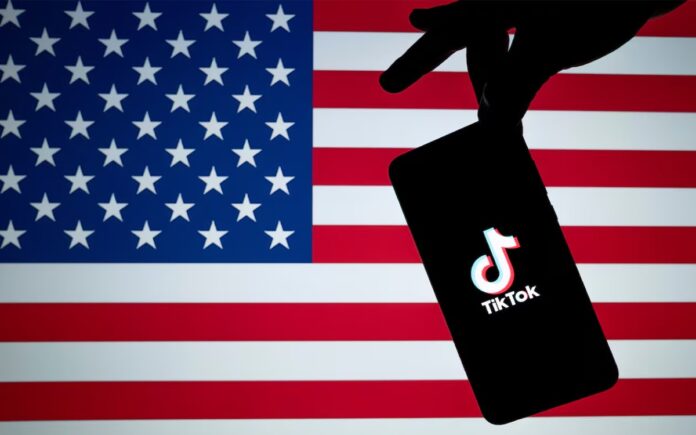New York: The upcoming lawsuit by the U.S. Department of Justice against TikTok will reportedly hone in on allegations of the social media giant’s infringement upon children’s privacy rights, a source familiar with the matter revealed. This strategic focus diverges from previous claims that TikTok misled adult users about its handling of data privacy practices.
The investigation, originally initiated by the U.S. Federal Trade Commission (FTC), scrutinizes potential violations by TikTok and its parent company ByteDance. On Tuesday, the FTC escalated the matter by referring it to the Justice Department.
“The investigation uncovered reason to believe named defendants are violating or are about to violate the law and that a proceeding is in the public interest,” stated the FTC in a release.
Back in 2020, Reuters first reported on the FTC and Justice Department’s scrutiny of TikTok, alleging the platform’s failure to adhere to a 2019 agreement aimed at safeguarding children’s privacy.
TikTok responded assertively to the FTC’s accusations, expressing strong disagreement and disappointment over the agency’s decision to pursue legal action.
Separately, ongoing concerns among U.S. lawmakers persist regarding potential vulnerabilities that could expose TikTok’s 170 million American users’ data to the Chinese government. TikTok has consistently refuted these allegations.
Also Read | EU Gives Green Light to €3 Billion for German Hydrogen Pipeline Network
Meanwhile, TikTok confronts another legal challenge: contesting a recently enacted law mandating ByteDance to divest TikTok’s U.S. assets by January 19, under threat of a ban.
In response, ByteDance contended in court on Thursday that such a ban would be unavoidable without judicial intervention, emphasizing the impracticality of executing a divestiture due to technological, commercial, and legal constraints.



